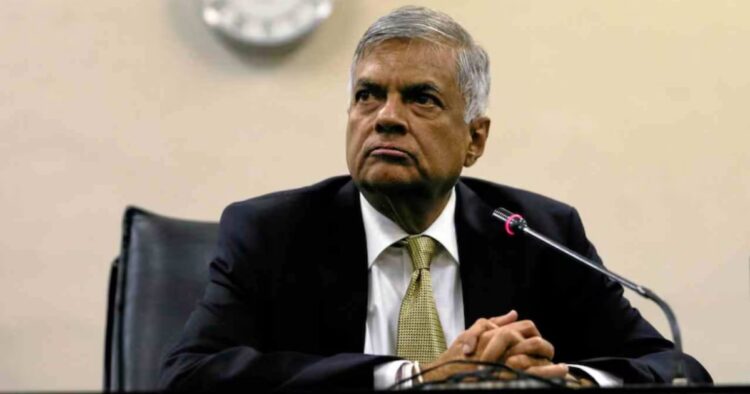On Saturday, President Ranil Wickremesinghe of Sri Lanka officially declared his intention to run in the upcoming presidential election scheduled for September 21. This announcement puts an end to months of speculation about whether he would seek re-election.
Election Commission Announcement
Just a day before Wickremesinghe’s announcement, the Sri Lankan election commission confirmed that the presidential polls would indeed take place on September 21. This news was eagerly awaited by many, as it set the stage for a significant political contest in the country.
Wickremesinghe made his declaration during a rally in Galle, a southern town in Sri Lanka. Addressing the crowd, the 75-year-old leader said, “My coming today to this town is significant, I declare that I will contest the presidential election having already paid my deposit to do so.”
There had been some doubts about whether Wickremesinghe would run for president, primarily due to the weakened position of his political party, the United National Party (UNP). In 2020, the UNP experienced a significant split, leading to the formation of a new party, the Samagi Jana Balawegaya (SJB), which is now the main opposition.
In his speech, Wickremesinghe appealed for public support, highlighting the challenges he has faced during his tenure. He said, “I am looking for everyone’s support having performed the difficult task I undertook two years ago.” This remark was in reference to the severe economic crisis that hit Sri Lanka, which eventually led to the fall of the powerful Rajapaksa family from power in 2022.
The upcoming election is crucial for Sri Lanka, a nation that has faced significant political and economic turmoil in recent years. Wickremesinghe’s decision to run signals his commitment to steering the country through these challenges, despite the fractured state of his party and the strong opposition he faces.
As the election date approaches, all eyes will be on Sri Lanka to see how the political landscape evolves. Wickremesinghe’s announcement marks a pivotal moment in the lead-up to the election, promising a dynamic and potentially transformative period for the island nation.

















Comments